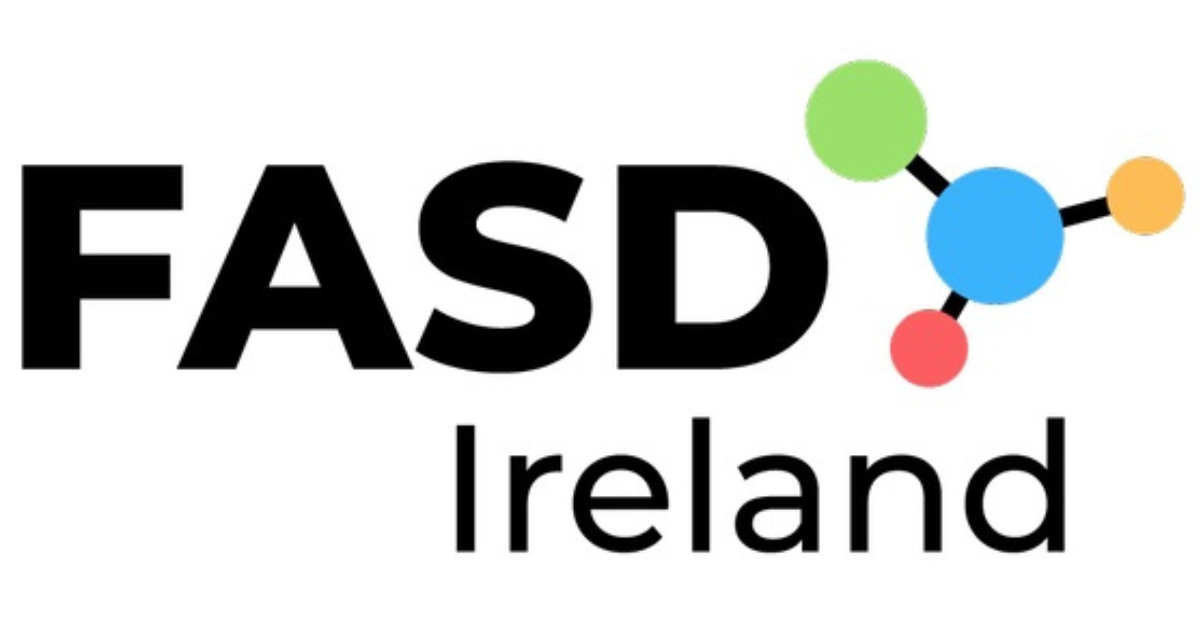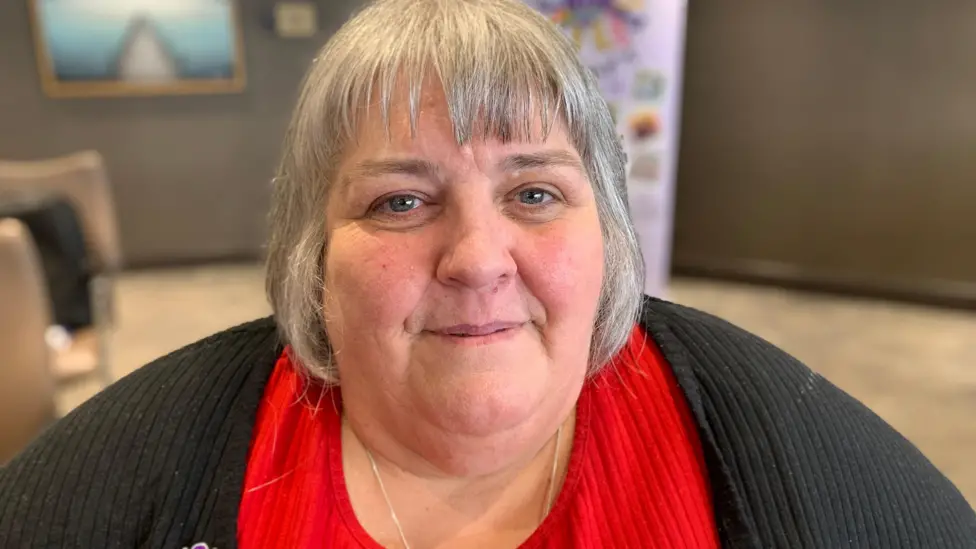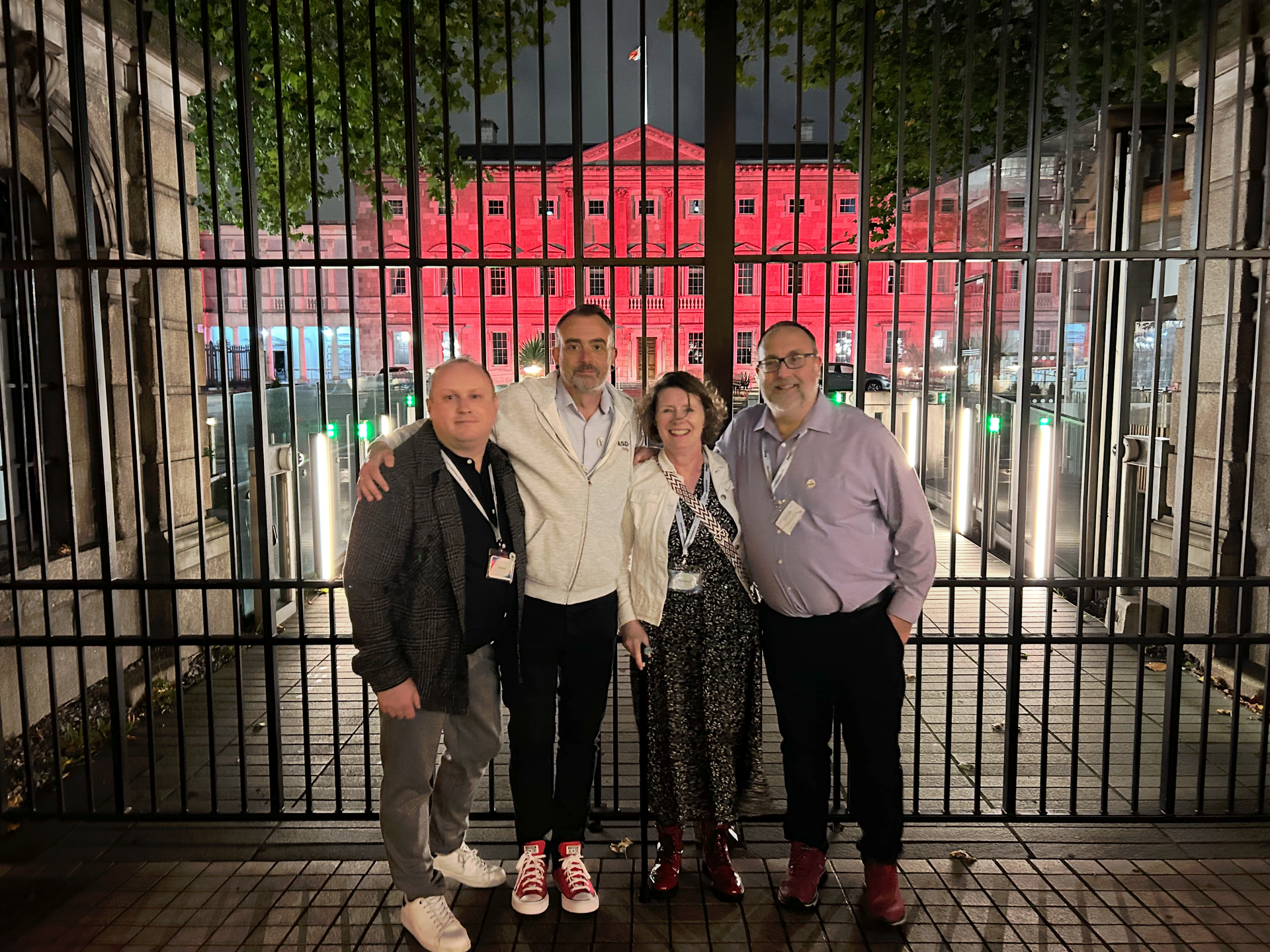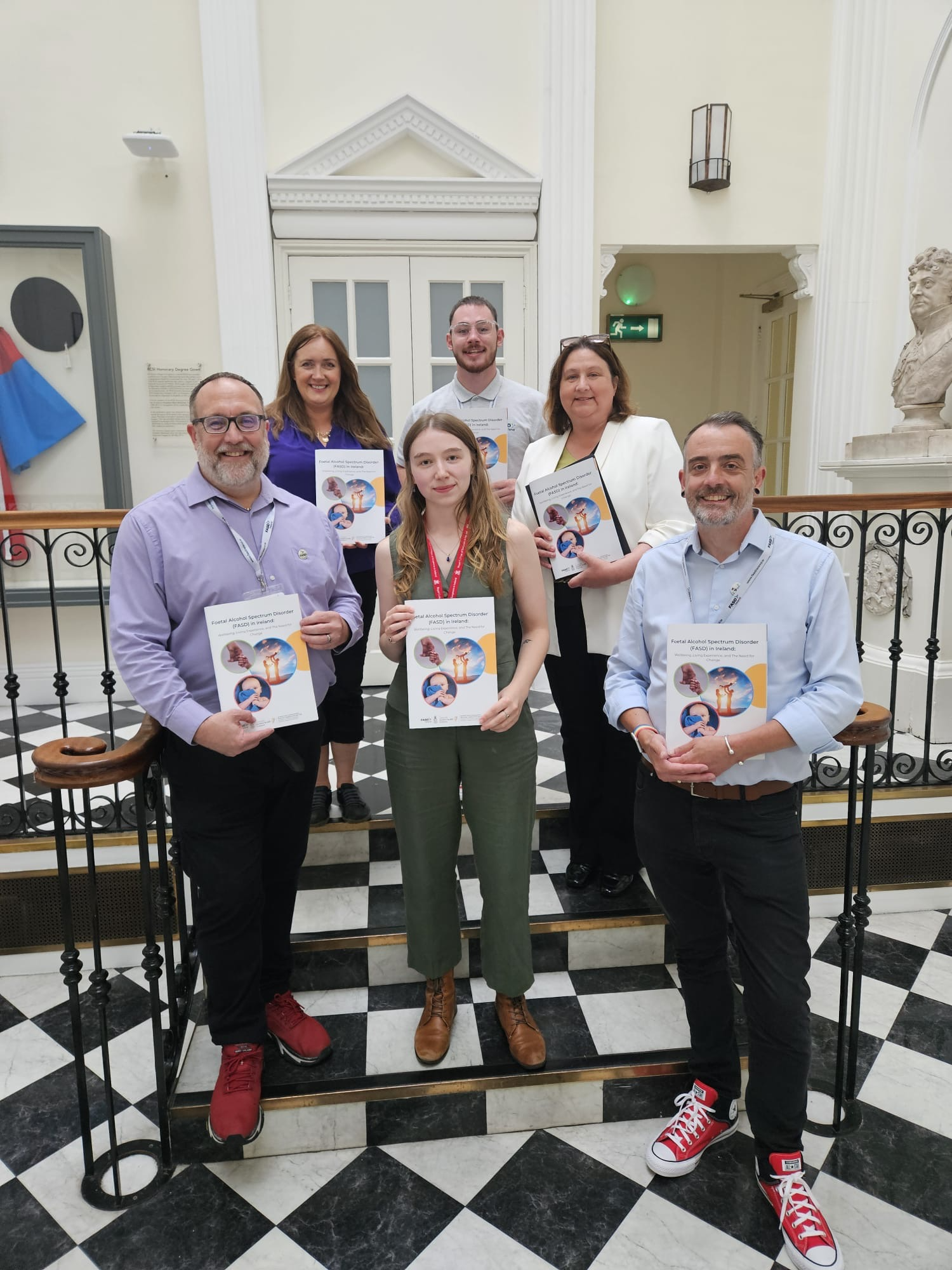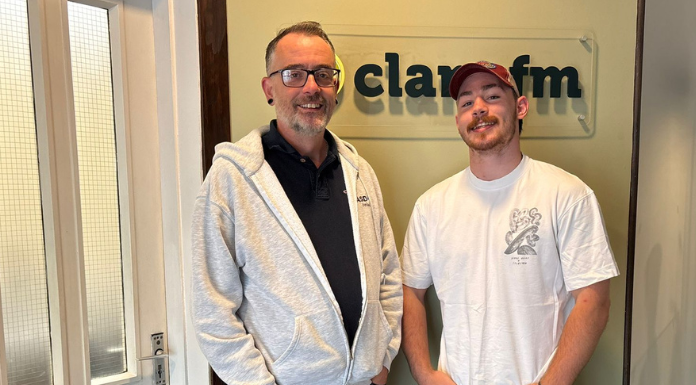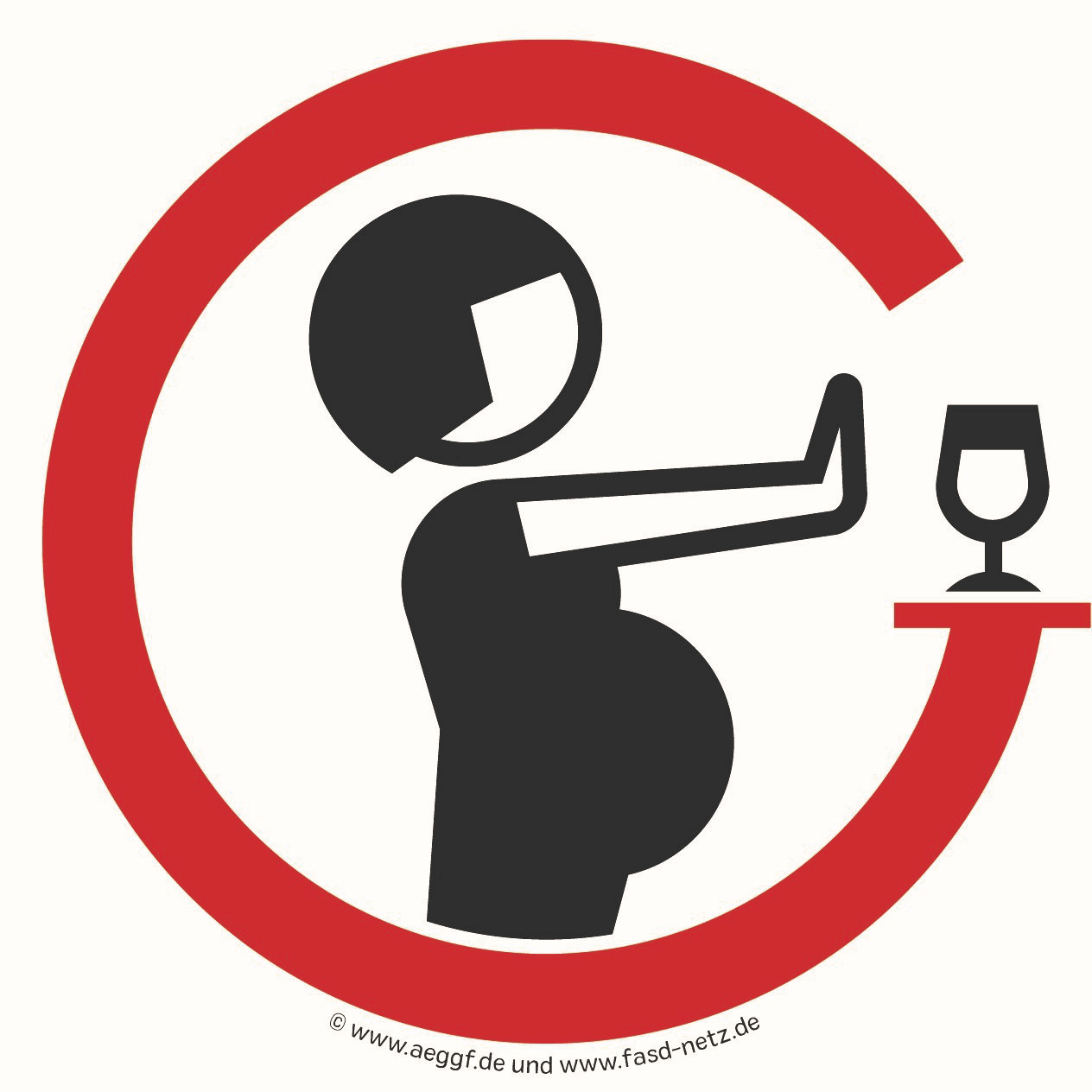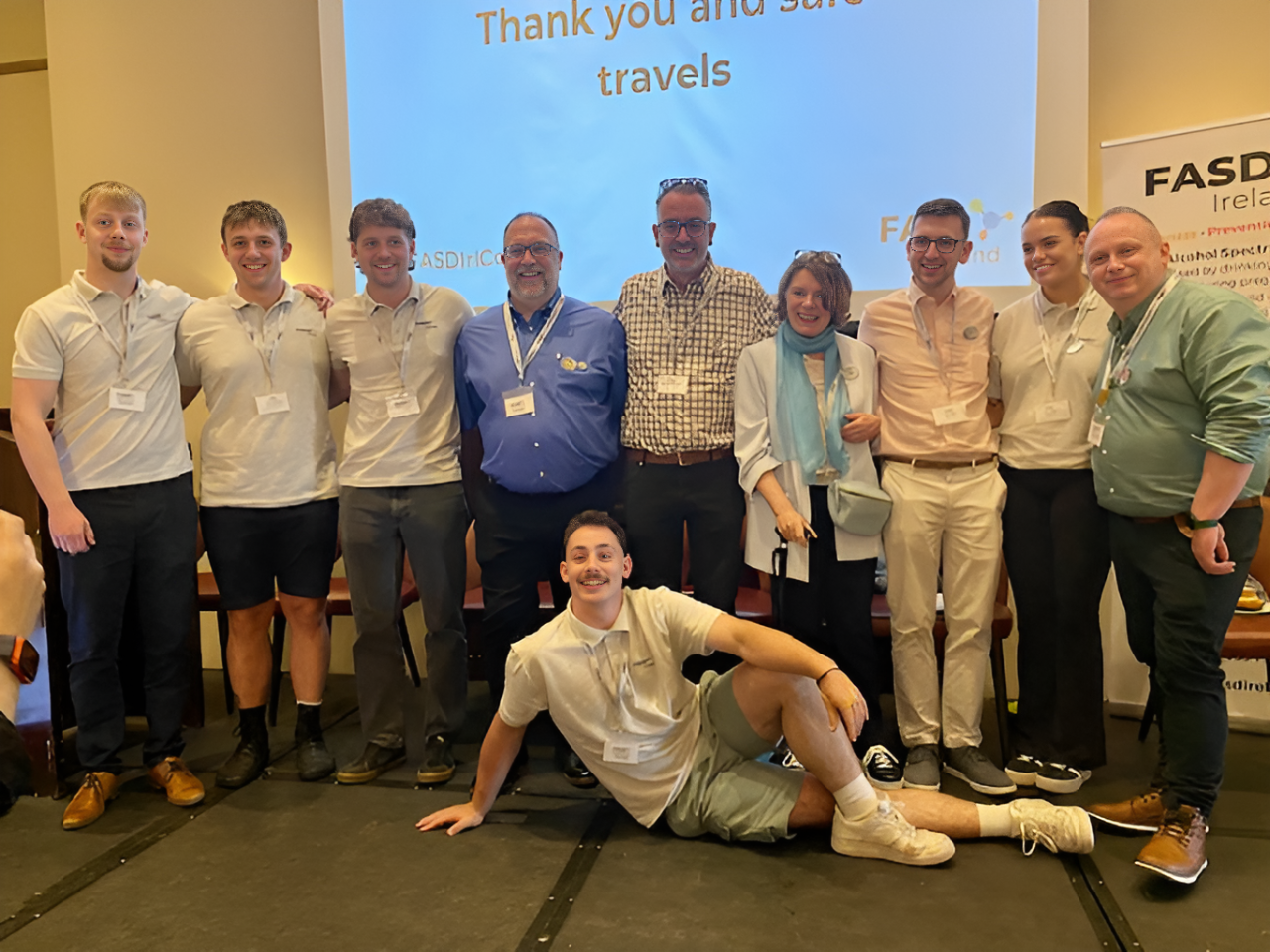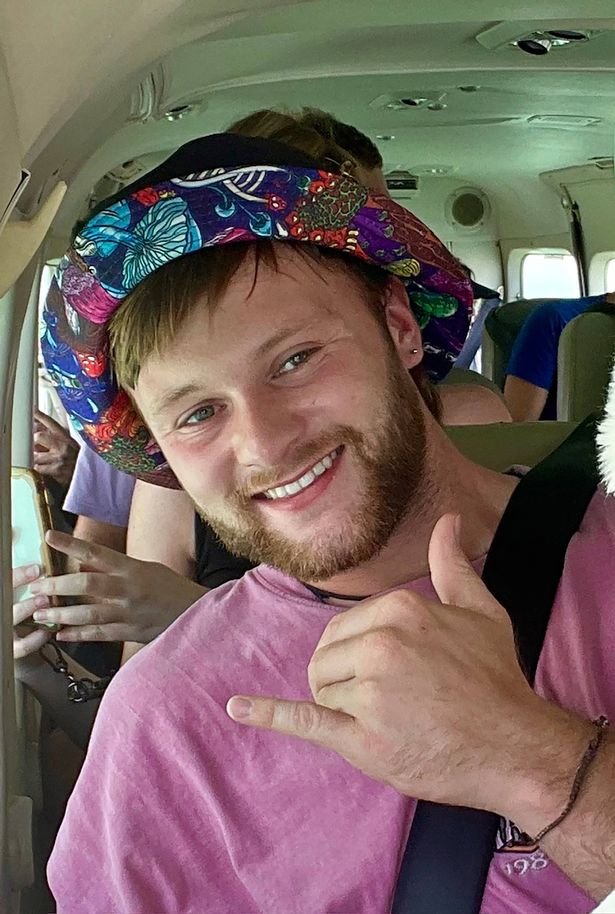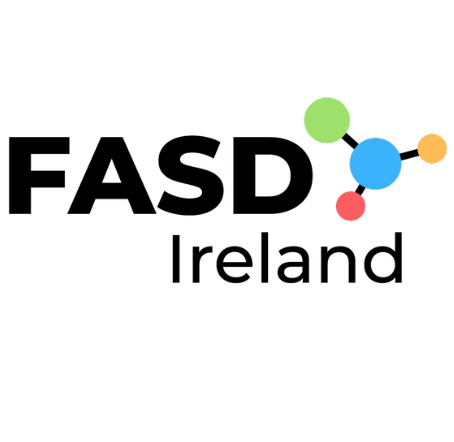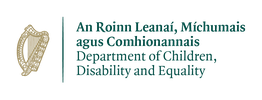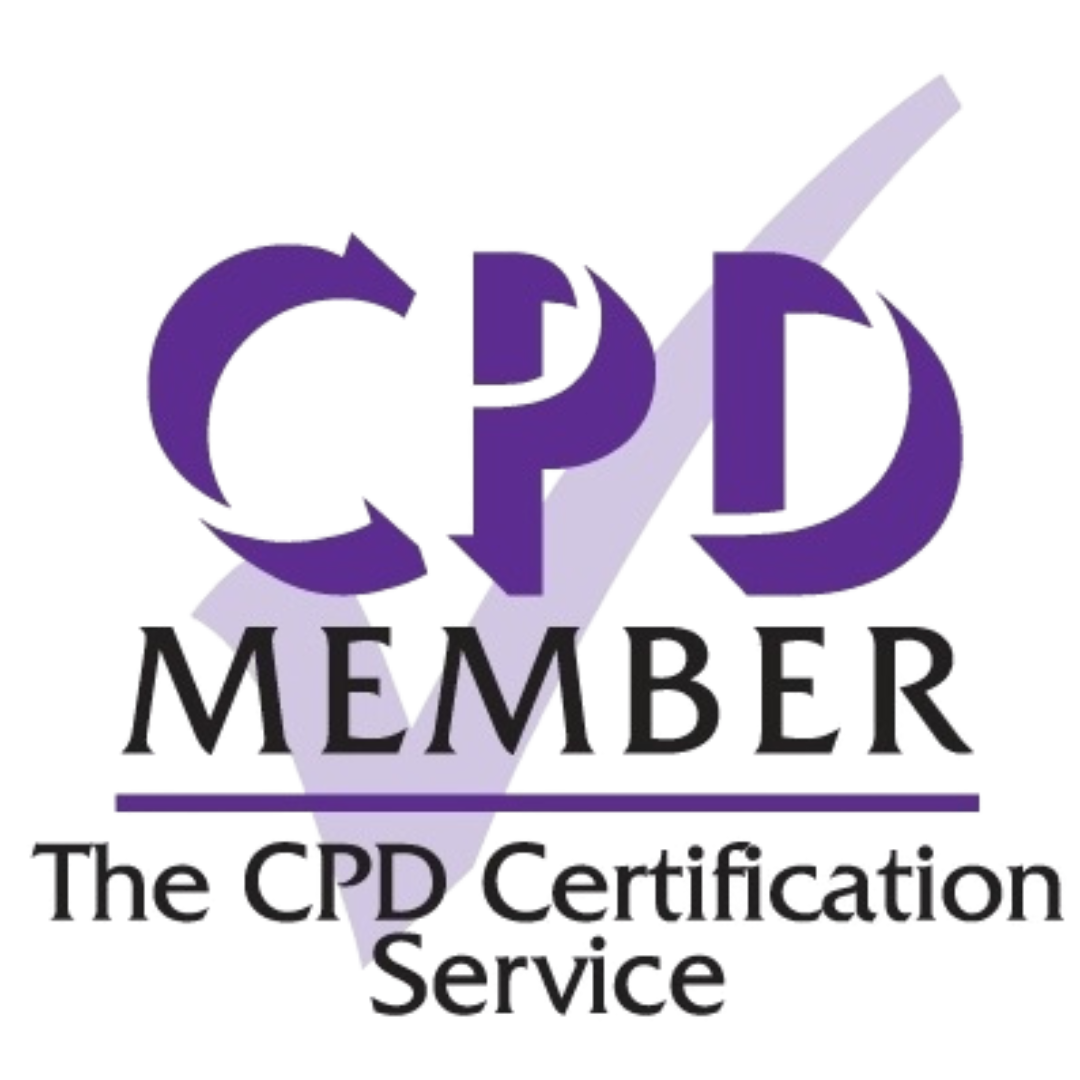Our second and final blog about the Salford FASD Conference has been written by our Hub Developmental Assistant - Rob O'Connell. This was Rob's first opportunity to network with others working to improve support and services for those living with FASD across the UK and Ireland.
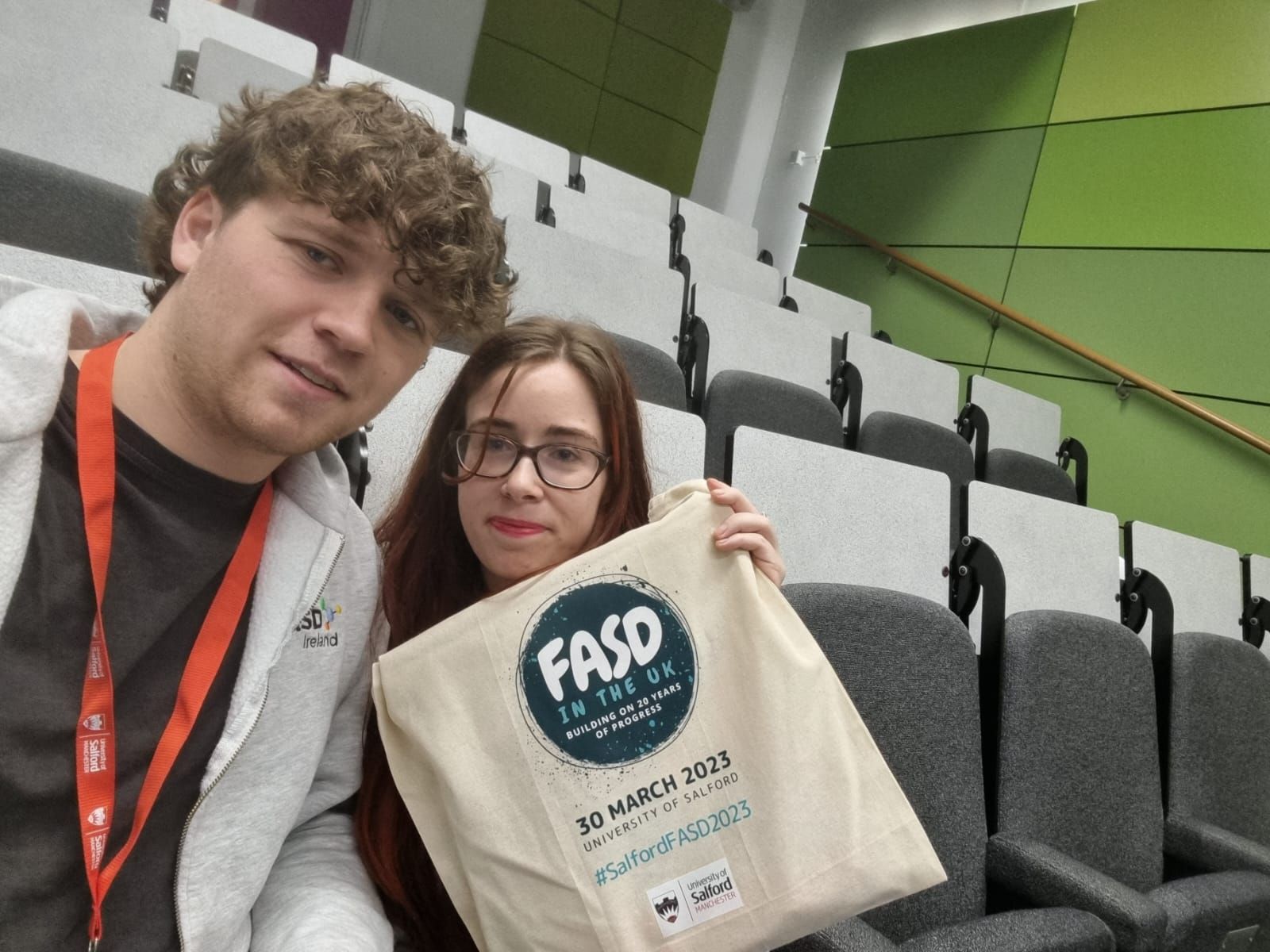
A couple of weeks ago I was privileged to attend the conference “FASD in the UK: Building on 20 years of progress” at Salford University, Manchester
It was my first time attending an event specifically about FASD. It was amazing to see so many people in the one place so passionate about this neurodevelopmental disability and it really helped to put into perspective the grasp FASD has on the UK, much like the prevalence in Ireland. I went to Salford with a mindset of wanting to learn as much about what is going on in the UK now and then trying to compare that to see how we can improve awareness, supports and education of FASD in Ireland.
Throughout the day I had the pleasure of talking to and listening to different people including people that live with FASD themselves and others that are doing such inspiring work with FASD in the UK. I learned so much from my time at the conference and was excited to bring it back and share with the rest of the team at FASD Ireland.
An area of concern for me before going to the conference, is how do I as the FASD Ireland Hub Development Assistant, help to set up the hub in such a way that it runs efficiently. I always want to make sure that whatever I do with FASD Ireland is beneficial to the organisation. I want to make it an easy and a seamless transition for someone to take my place when my placement is over and I have to return to university.
I had the pleasure of talking to Jo Garofalo who works at FASD Hub Scotland who helped me to understand that training is key. She explained that most of the people that work in FASD Hub Scotland are parents of individuals with FASD which I found quite interesting as these people would be quite knowledgeable in areas surrounding FASD through their experiences as parents and carers. Therefore, to allow a seamless transition between my role and the person who takes the role after me I must have an adequate plan in place that will help people understand FASD and work the Hub efficiently.
I was delighted to have the opportunity to listen to Dr Raja Mukherjee speak at the conference. It was amazing to hear the story of how FASD has changed in the UK over the last 20 years. Some of the information that Dr Mukherjee provided really helped me to understand the direction in which FASD Ireland is going. He highlighted the importance of a network of people working together with people that are living with FASD. Dr Mukherjee spoke about diagnosis and how it is a multi-disciplinary assessment as FASD can affect an individual in many ways through behaviour and education for example, characteristics of FASD will be seen at school, at home, at work and in many areas of everyday life. Therefore, it is crucial to have a collaborative of people working from different sectors, departments, and organisations to provide support for individuals living with FASD in the best way possible after diagnosis. I was excited to share this with the team at FASD Ireland, in hopes that we can instil this way of thinking and organise these collaborative teams to help people in Ireland as Dr Mukherjee plans to help people in the UK living with FASD.
Along with the idea of multi-disciplinary assessment and multi-disciplinary care I learned the importance of understanding FASD on a National, Regional and Local level. There is already a healthcare system in Ireland, and it is about using the system that is already there efficiently. We do not need to develop a whole new referral route for the “new surge” of 240,000 people that have FASD in Ireland. These people are already here, these individuals are living with FASD every day without even knowing it or even might have been told it is something else. The ideal is to get the healthcare system from the bottom-up to understand FASD and to be able to deal with it in a way that will be beneficial for every person with FASD. There should be no more misdiagnosis being made as every Doctor and GP should be educated in how to recognise the characteristics of FASD when they are presented in front of them. This is currently not the case in Ireland with most Healthcare professionals, and it is of upmost importance that people are trained and educated so that the healthcare system can start to recognise FASD in these individuals.
A view that the UK is beginning to take in relation to FASD that I found interesting is that they have started to assume that all people have FASD until proven they don’t. Instead of spending lengthy amounts of time going through records and looking for evidence of pre-natal alcohol exposure, the experts in the UK have said it makes more sense to assume that there was alcohol exposed pre-Nataly because we know that 80% of women will drink alcohol at some stage throughout their pregnancy. I thought that this would be a good view to have in Ireland as it would save time looking for evidence of alcohol exposure and if the characteristics of FASD are presented due to the high rate of women that drink during pregnancy it would only make sense to connect the dots.
Miranda Eodanable spoke about “people talk about FASD diagnosis but barely any young people are asked about it”: A photovoice study with adolescents with FASD exploring disability, disability identity and support. This was something that I had not really thought about before the conference. It struck me and made me realise that this is probably something that most people who are diagnosed with a disability will have to deal with. The fact that they realise what the diagnosis means will generally happen at the crucial age of when people are normally becoming more self-aware of their identity as young adolescent. This could be quite detrimental to a young person’s self-confidence, and I believe that it is crucial we put in supports in Ireland to prevent this from happening be that through peer support groups or meetings with psychologists even after a diagnosis is made.
It was interesting to listen to “How we want to be treated” from The UK FASD Manifesto from people with FASD. I thought these young people were so brave to get up in front of all the conference and talk about their lived experience and their hopes for the future of FASD and how they would like to be treated. Some of the points the speakers made:
- Don’t call FASD a problem.
- They want to be asked to do things not told to do things.
- They said how it is easy to feel rejection.
- They just want people to understand, so if you are unsure of something just ask.
Something that really helped me in dealing with parents calling the hub was the young people did not blame their birth mothers for their FASD as their birth mothers didn’t have the information that we have today. This is quite an honourable way of looking at it and it’s known that most children don’t blame their mother for their FASD they blame the system for not having the awareness of FASD.
Overall, the Conference went brilliantly. I learned so much and I hope to use my newly found knowledge to put to good work in Ireland.
